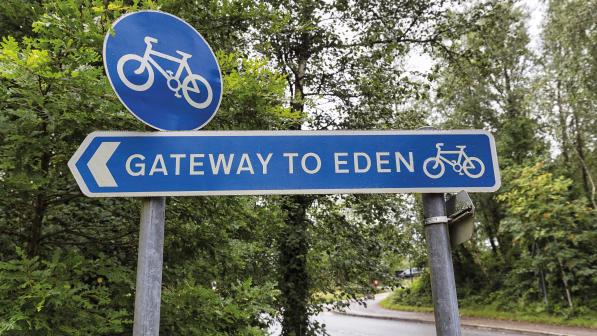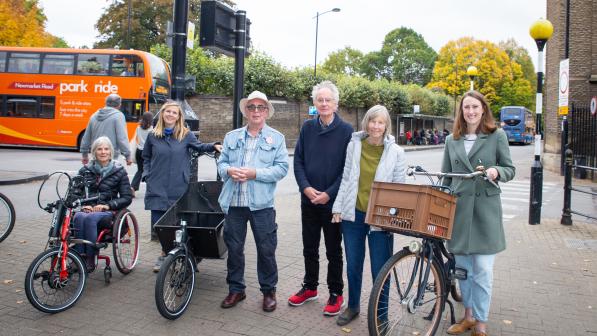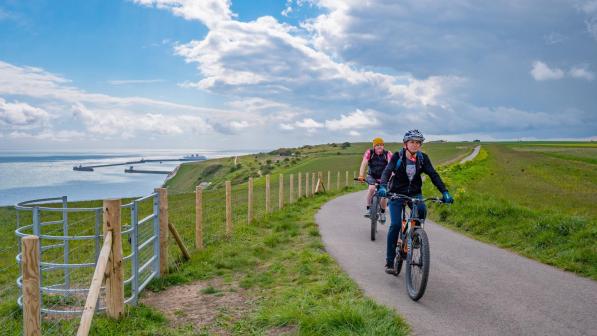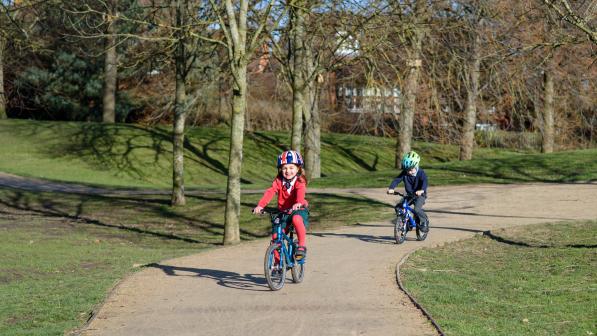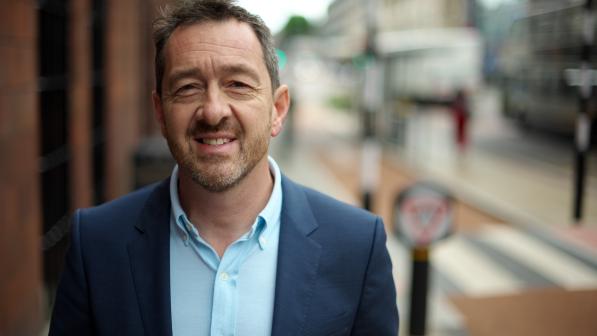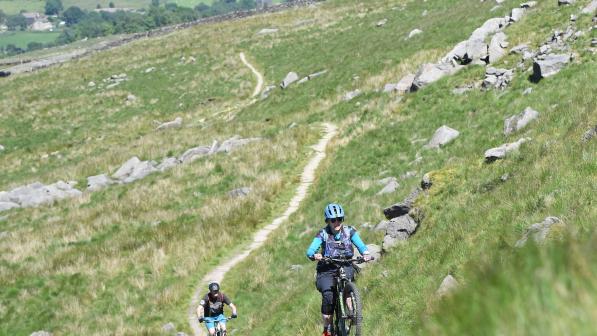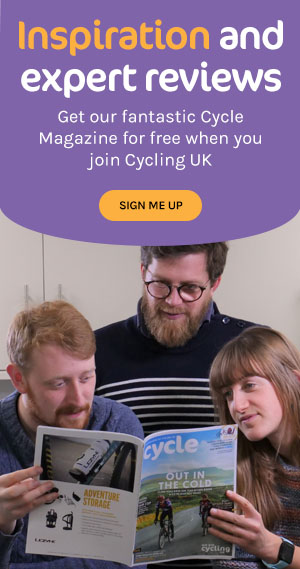How to improve transport cycling in England

We all know the arguments for active travel, but with the pandemic bike boom and Highway Code changes if feels like there’s a subtle shift in transport cycling’s prospects – that the arguments, at least, have been won. Chris Boardman, head of Active Travel England offers his opinion on whether we can really transform transport cycling’s fortunes, and if so, how do we get to the point where it’s not just for bold, confident cyclists but accessible to everyone?
What will Active Travel England do to transform walking and cycling?
We have an arm’s length body of the Department for Transport, that we are in the throes of forming. We’ve never been in a position of having billions of pounds and a pipeline of funding to deliver real change in how we move.
We have pretty much five functions: to assess and advise; to make sure standards are met, and help local authorities do that. It’s internal communication, and also external with the public, to show people, for the first time, we’ve got something that makes nicer places to live, that this is people like them doing normal things, just less of it with cars.
We’re going to be a repository for knowledge and give those with ambition the tools to get the job done. Monitoring and evaluation is a big part of this: we have to demonstrate it works, and we all have every confidence that it will. We know it pays back in a ratio of 6:1 so from the £2bn mentioned in Gear Change, we can get £12bn value for the country.
It’s about new ideas and one of the cunningly simple things we researched in Greater Manchester is a simple side road crossing, joining people’s homes with shops and schools. I think it was nine out of ten primary school aged kids are within a 15-minute walk from school. Imagine if we put a little crossing and made that really easy for them to do.
Once you’ve done all this stuff, you’ve got to enable people to use it, give them the tools to use it with hire bikes, with activities that wrap around the safe space that we’re going to be creating in the next few years. By 2030 we need 50% of journeys to be made actively. That’s quite an ambitious target but it is achievable.
Active Travel England can publish a league table celebrating authorities with the courage to change the status quo. Nobody will be forced to do anything; they just can’t do it badly anymore.
How much is behaviour change, things like cycle training part of the picture?
I think cycle training should be part of the curriculum. Adult training actually sees a big uptake, perhaps because adults have made a conscious decision that “this is something I want to be able to do”.
How can you ensure more recruits into the industry are representative of different backgrounds?
Women are [only] around 20% of the transport industry, and it’s massively underrepresented in terms of ethnicity. We are about to create an organisation where there are not enough people and we will have to train our own. We can choose who we take on, where we advertise, and it is my intention to proactively have an apprenticeship scheme, preferably within a year, to start training the people we need and make sure they represent the places and the communities we’re serving. I’m very keen to see a lot more people who don’t look like me in this industry.
